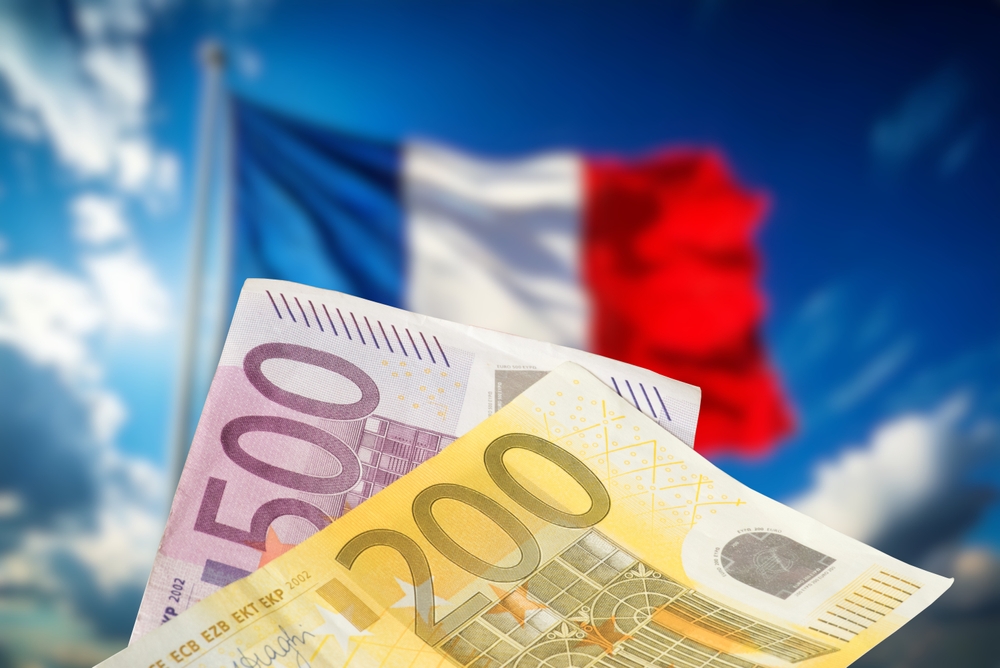
The euro took a hit yesterday after the French prime minister's resignation.
French Prime Minister Sébastien Lecornu resigned on Monday amid open rebellion from both left and right-wing party members in parliament. Lecornu, who took over from François Bayrou less than 30 days ago, proved unable to force through an unpopular budget that would limit spending to bring government finances back under control.
As you might expect, the euro weakened against other major currencies after this bombshell. The pound picked up half a cent at the expense of its continental foe, whereas the US dollar strengthened before falling back in the afternoon session.
Yesterday’s drama may not prove the end of things for France. Opposition leaders quickly called for a general election, increasing the pressure on embattled President Emmanuel Macron.
UK house prices unexpectedly fell by 0.3% in September, according to the latest report from Halifax. That is the weakest figure since April 2024 and means house prices rose by 1.3% in the twelve months to September, well below the expected 2.2%.
The Japanese yen tumbled by almost 2% against the pound yesterday following the election of the country’s first female prime minister. Hardline conservative Sanae Takaichi (a heavy metal drummer on the weekends, in case you’re wondering) swept to power promising higher government spending and a return to traditional values. The mood in Japan was bright despite the yen’s struggles as stock indices soared in anticipation of the presumed economic growth.
The European Commission yesterday stood alongside Italy against the “pasta war” being waged by the United States. The White House has threatened tariffs of over 90% on the glutinous staple that target 13 major pasta suppliers.
Make sure any upcoming transactions are protected against the risks of sudden market movements. Secure a fixed exchange rate now with a forward contract; call your account manager on 020 3918 7255 to get started.
GBP: Calm at last
Monday brought respite from the unpredictable swings the pound has grown accustomed to in the past month. Sterling strengthened by half a cent against both its main rivals, although that had more to do with events elsewhere than any signs of an economic recovery.
GBP/USD: the past year
EUR: Lack of compromise
France’s outgoing PM hit out at the “lack of compromise” within the country’s political system. That seems like a fair characterisation, given he was tugged from both left and right-wing figures to make various concessions. As the blame game goes on, the euro will surely be affected by the power vacuum and renewed questions around over government spending.
GBP/EUR: the past year
USD: Glass houses
Currencies in glass houses shouldn’t throw stones, as the old saying goes. This was particularly evident yesterday, when the US dollar briefly strengthened against the euro before falling back. Perhaps investors realised that there wasn’t much difference between a government crisis and a shutdown, after all.
EUR/USD: the past year
For more on currencies and currency risk management strategies, please get in touch with your Smart Currency Business account manager on 020 7898 0500 or your Private Client Account Manager on 020 7898 0541.

 020 7898 0500
020 7898 0500
